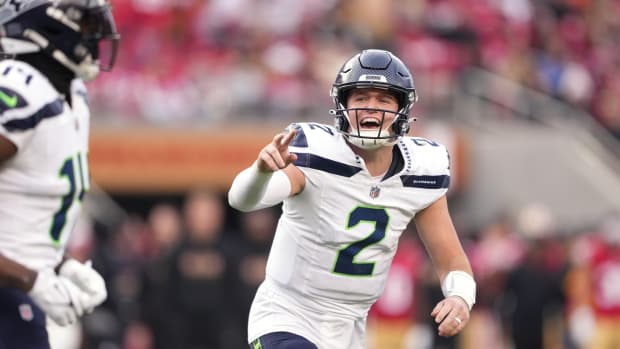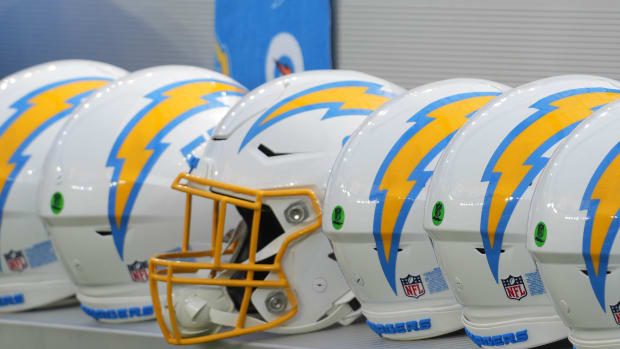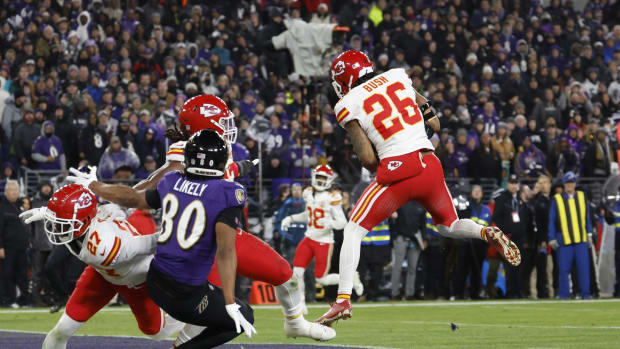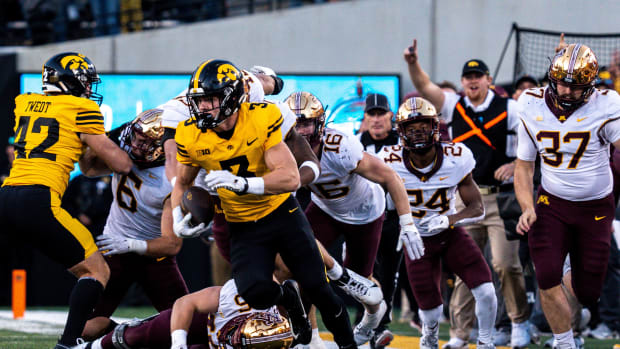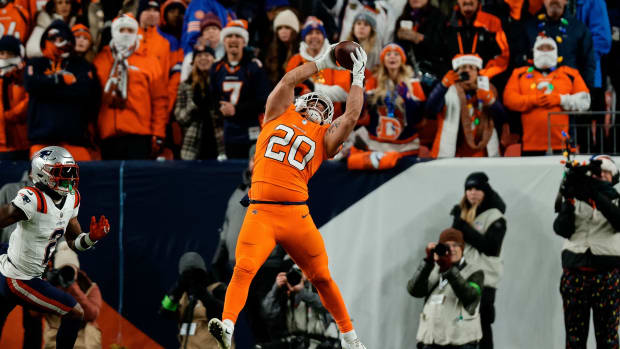Players and Owners Take the Next Step in Cooperating on Social Justice Initiatives
The NFL will announce today the latest step in its seven-year, $90 million commitment to players’ social-justice issues, forming a committee of five players and five owners to further advance what the league says is its effort to assist players in trying to make improvements in education, relations with police, and the criminal-justice system in the league’s communities.
The committee includes Kelvin Beachum and Josh McCown of the Jets, Washington cornerback Josh Norman and retired players Anquan Boldin and Aeneas Williams. On the owners side are Arizona’s Michael Bidwill, Atlanta’s Arthur Blank, Shad Khan of Jacksonville, Stephen Ross of Miami and Cleveland’s Jimmy Haslam. The owners were appointed by the NFL; the players were appointed by the Players Coalition, a social-justice group led by Boldin and Malcolm Jenkins of the Eagles, among others.
“I think it’s unprecedented what has happened,” Boldin said this week. “I don’t think it’s the NFL’s job to end racism in America, but the NFL has helped us expand our platform, and the NFL has backed us, and helped bring about change. … From the Players Coalition standpoint, we’ve been able to show how unjust our criminal-justice system is, and we’ve been able to work on that. We want change to come from this protest.”
Boldin said one way he would like a transformation to come nationwide from the seeds of this NFL movement is through encouraging legislation “where there is accountability across the board” in communities in which the players think sentencing guidelines are onerous on African-Americans, among other issues. A start came in October when Seattle’s Doug Baldwin and NFL commissioner Roger Goodell co-authored a letter to Congress supporting the passage of the Sentencing Reform and Corrections Act, which is designed to reduce the minimum sentence for non-violent drug offenders.
In October, Baldwin said he was stunned when Goodell offered the chance to team up on such a letter. The NFL has always shied away from political causes. Whether this venture is designed to show players that the league will legitimately help on issues vital to them, or whether it’s an effort to drive every player to stand for the national anthem—and the timing of this investment seems to point to that—there’s been an evolution in the league’s attitude toward issues of social justice.
On a conference call, Goodell called the cooperative effort with the players “unprecedented, in my view, in my 36 years in the NFL. The ownership has listened very carefully. What we’re trying to do is improve our communities. For us, it’s just the beginning.”
The 10-member committee will combine on a campaign called “Let’s Listen Together,” with media spots on the NFL’s TV and digital platforms, with players and owners talking about why they’re interested in social justice. The television campaign will begin on Thursday night, with an NFL Network story on Jenkins, the Eagles’ politically active safety.
I asked Goodell about further efforts to address something the NFL certainly wants—getting all players to stand for the national anthem before games. From President Donald Trump to average fans to veterans’ groups, it’s clear this is a divisive issue that the NFL wishes would go away. The only way it will is for the one percent of players who protest in some way—kneeling or sitting during the anthem, mostly—to stand at attention.
“We’ve always encouraged our players to stand for the anthem,” Goodell said. “Second, we created this platform because our players wanted to be heard … in social justice issues and equality. The term we’ve used often is protest to progress. There is a lot of awareness that I learned, listening to the guys, going on listening and learning tours. When you go through that, as some of our owners have done, you understand how we can support law enforcement, the criminal-justice system, bail reform. It’s hard work.”
Boldin thinks the future of this initiative includes signaling a change in how players and owners interact.
“There’s been a narrative of players pitted against owners,” said Boldin. "We feel like we have support from the owners. When you have owners say, ‘We’re proud of you for using your platform ... How can I help you further your initiative?’ players are excited."
It’s a long shot to get all players—including Niners safety Eric Reid, who has called the owner-player effort a “charade”—on board. But Goodell and Boldin said they are open to all players helping the effort.
Question or comment? Email us at talkback@themmqb.com.
































